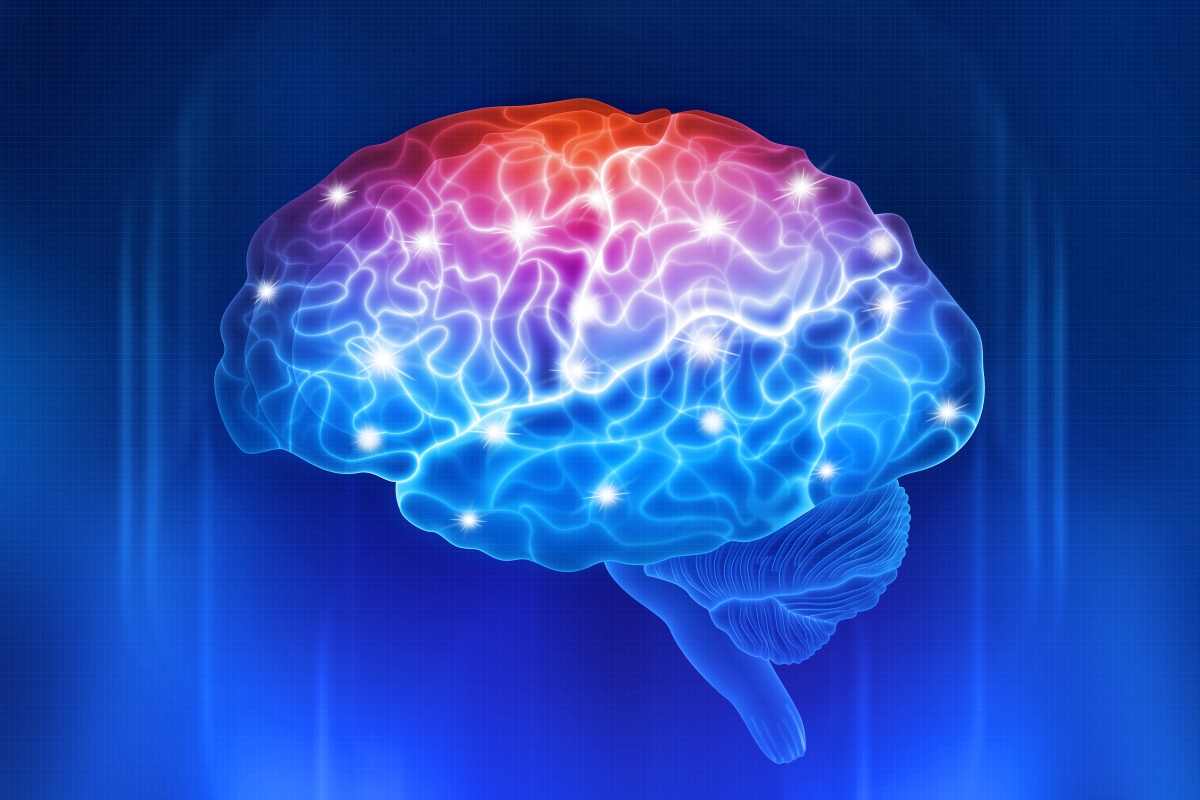Control of feeding by a bottom-up midbrain-subthalamic pathway


The CNP Diet and Brain Research Category consolidates research exploring the interdependent relationship between dietary intake and the brain. To view each original study on the open internet, click “Original.” To view the CNP-written abstract summary, click “CNP Summary.” While only some of the CNP-written abstract summaries are available below for free, all abstract summaries are available to CNP members through the CNP Library Membership.

Consumption of a Western diet (WD) during early developmental stages is linked to memory problems, particularly affecting processes reliant on the hippocampus (HPC). To explore the neurobiological reasons behind this, Hayes et al. (2024) established a rodent model where early exposure to WD led to enduring dysfunction in the HPC. Rats were given either a cafeteria-style WD with unrestricted access to high-fat/high-sugar foods (CAF) or standard healthy chow (CTL) during their juvenile and adolescent phases (postnatal days 26–56). Behavioral and metabolic assessments were conducted before and after a period of healthy diet intervention starting in early adulthood. The results showed persistent deficits in contextual episodic memory in CAF rats, indicating HPC involvement. Since disrupted acetylcholine (ACh) signaling in the HPC is associated with memory problems, the authors examined ACh-related protein markers in CAF and CTL rats’ dorsal HPC (HPCd). Lower levels of vesicular ACh transporter protein were found in the HPCd of CAF rats compared to CTL rats, suggesting chronically reduced ACh levels. Using an intensity-based ACh sensing fluorescent reporter (iAChSnFr) in vivo fiber photometry targeted at the HPCd, the authors discovered that ACh release during object-contextual novelty recognition was strongly linked to memory performance and was impaired in CAF rats compared to CTL rats. Neuropharmacological experiments demonstrated that infusion of an alpha 7 nicotinic ACh receptor agonist into the HPCd during training restored memory deficits in CAF rats. Overall, these results highlight a functional relationship between early WD consumption and persistent dysregulation of HPC ACh signaling, providing insight into the mechanism underlying WD-related memory issues.
Control of feeding by a bottom-up midbrain-subthalamic pathway
Post-operative cognitive dysfunction is exacerbated by high-fat diet via TLR4 and prevented by dietary DHA supplementation
CNP Research Summary can be found in the CNP Library Membership
The hedonic overdrive model best explains high-fat diet-induced obesity in C57BL/6 mice
Higher fresh fruit intake relates to larger grey matter volumes in areas involved in dementia and depression: A UK Biobank study.
Sugar beverages and dietary sodas impact on brain health: A mini literature review
Internal-state-dependent control of feeding behavior via hippocampal ghrelin signaling
CNP Research Summary can be found in the CNP Library Membership
Diet-induced glial insulin resistance impairs the clearance of neuronal debris
Hypothalamic volume is associated with body mass index
CNP Research Summary can be found in the CNP Library Membership
An intestinal sphingolipid confers intergenerational neuroprotection